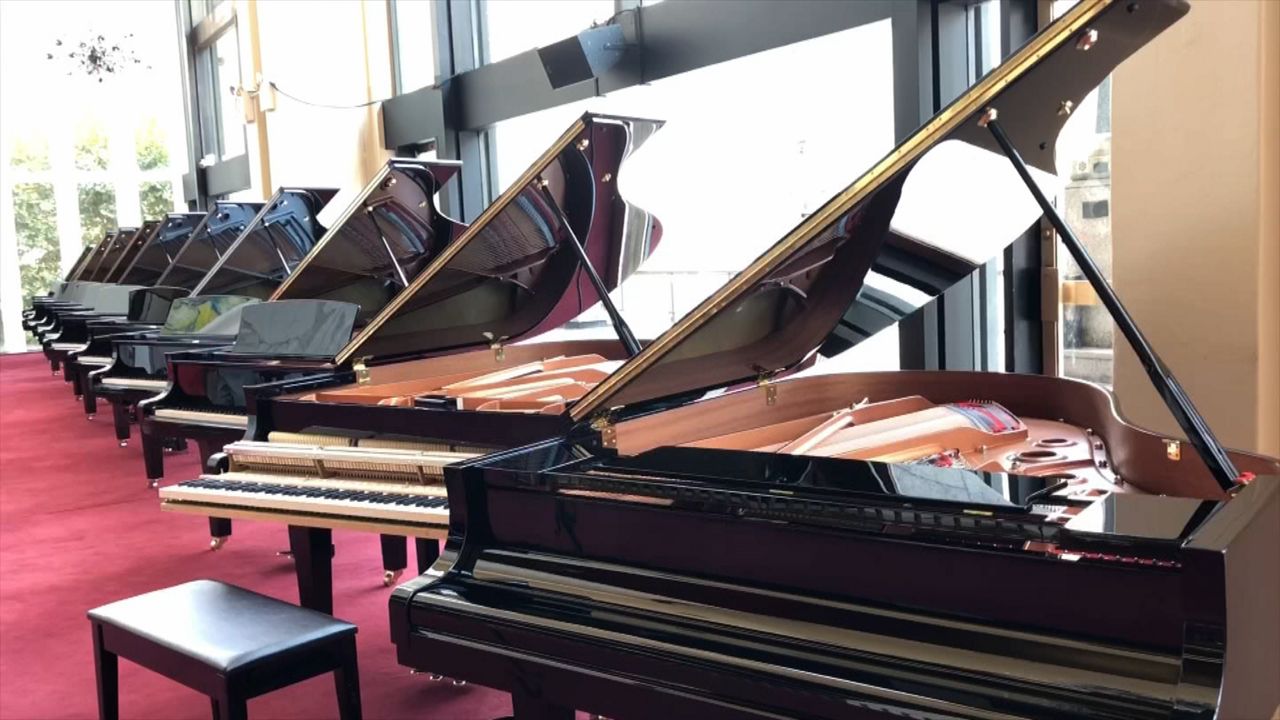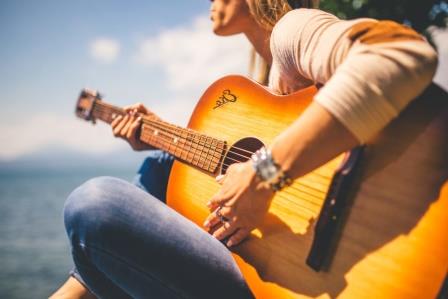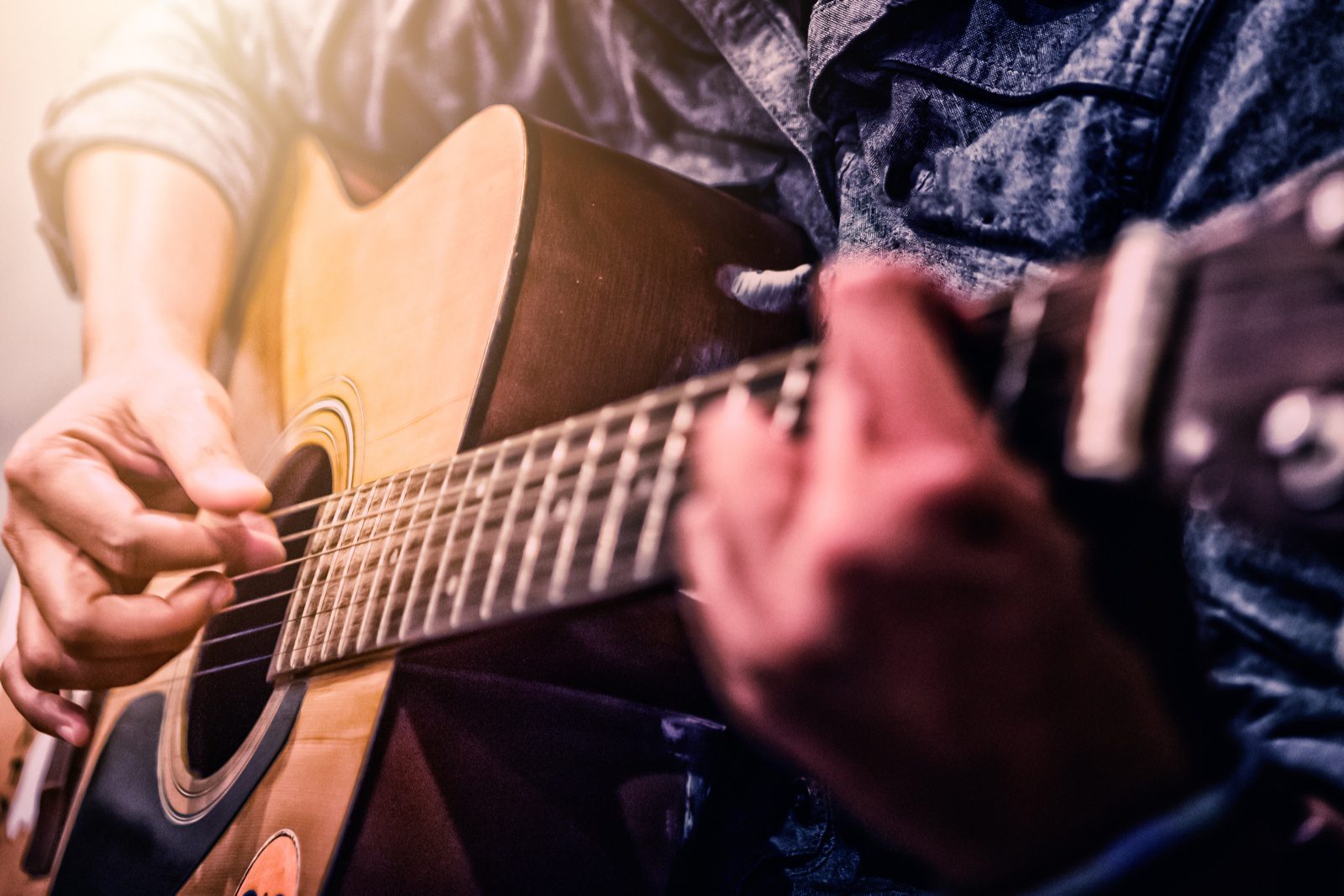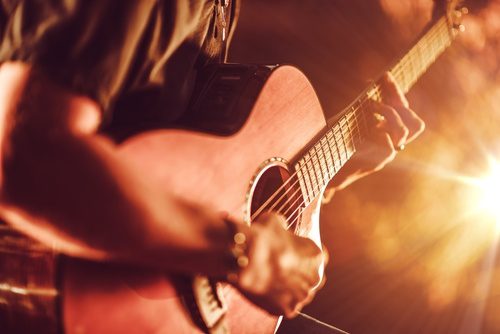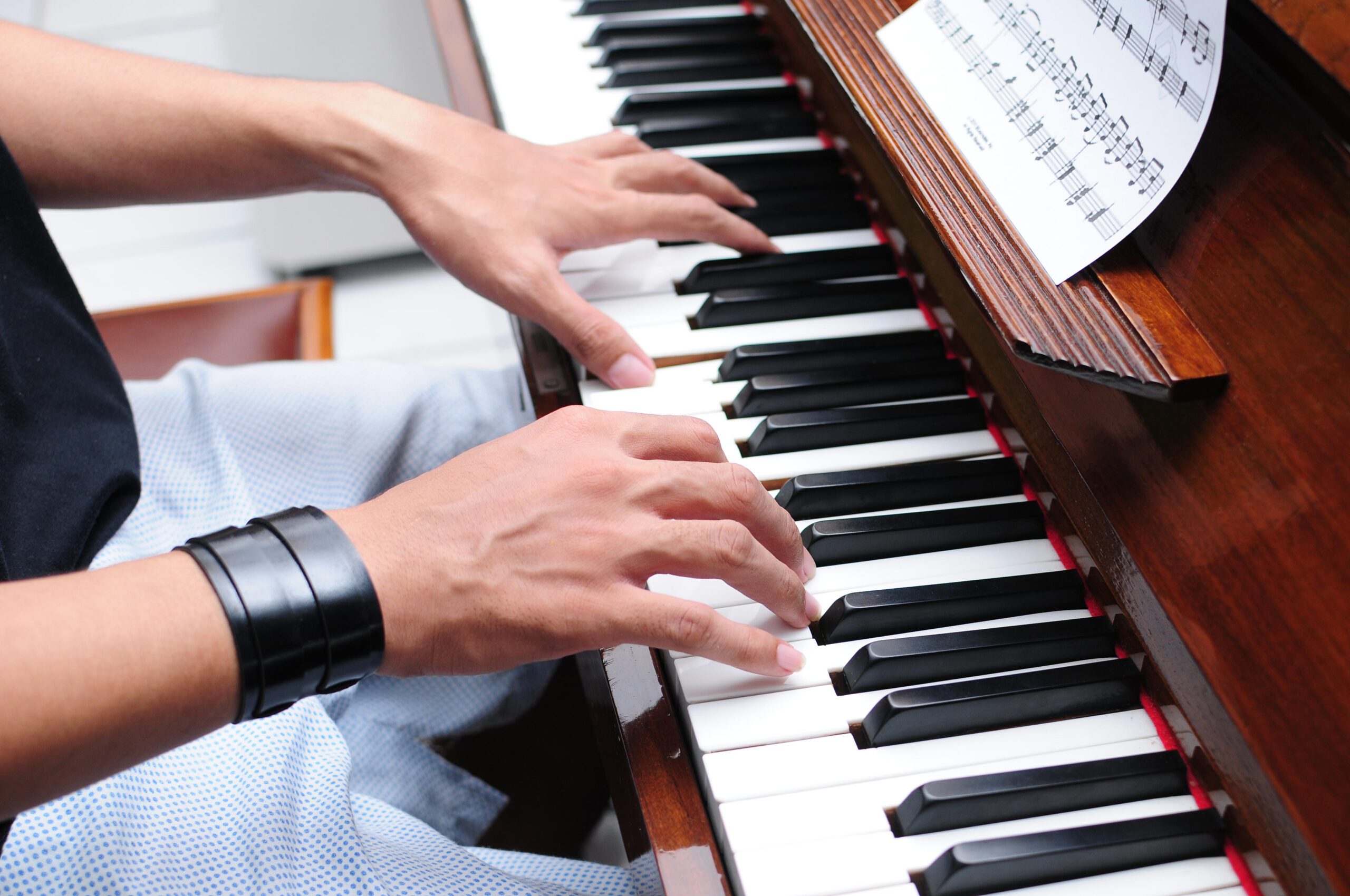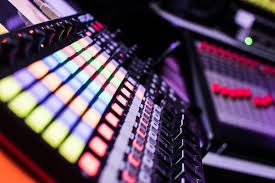How Piano Affects The Brain
180Becoming a piano participant is a worthy goal in itself. Many humans play tunes only for their personal enjoyment. It may be a incredible stress alleviation as arms fly over the keys. There can be an end purpose, such as accompaniment for a singer or a band. For some, gaining knowledge of the piano may be a step towards a profession in track. Yet research has proven that getting to know the piano is as a whole lot about developing the brain as it is the track itself.
To play song, the brain need to memorize many facts and translate them into action. Piano students use their brain pathways in ways which can were closed to them via traditional studying. In addition, most students learn how to memorize entire pieces. This memorization takes region on many stages as their mind keeps rhythm, pitch, melody, harmony, and greater. Any piano teacher can let you know that playing with both arms is hard. That’s because a person’s fingers don’t want to paintings counter to each other. More than typing or some other two-handed pastime, piano forces the student’s palms and palms to perform separately but in tandem. Even as that is happening, the student learns to maintain a watch on their track, following it at a much greater rapid tempo than regular reading. The truth that every one of this activity interprets into coherent track is part of the magic of gambling the piano.
Students should broaden the patience to wait as a hard piece becomes less difficult and simpler until finally it isn’t hard at all. They have to retain attention even if they become confused or uninterested in a piece. As they exercise this staying power and forbearance, some thing else is taking place on the same time. Visual and spatial talents are reinforced in every session on the keys. Mental-physical connections are made and repeated. This subject and dedication to craft can also spill over into different regions of life. Having taught themselves to awareness on the song, the student may also cognizance higher whilst confronted with tough puzzles. Practice and persistence emerge as nice mental habits for a lifetime.
In an technology where famous tune regularly has no real musical value, a love of song is a significant gift to provide a child. Taking piano lessons ought to help a student’s brain broaden a greater appreciation for different types of music. As the difficulties of creating track grow to be clear to students over time, they will admire the ability and willpower it takes to bring real song into the world.
Hand-eye coordination and, of course, concentration are good property for a teenager, for a mature adult, and for the getting older brain of a senior citizen. The left and right hand have to perform independently of 1 another, polishing coordination for other activities. Learning a brand new ability, growing the capability to awareness, and challenging private barriers are all advantages of getting to know the piano at any age. Whether it is for realistic motives or the love of the song, studying to play the piano is a clever pass for youngsters and adults alike.
